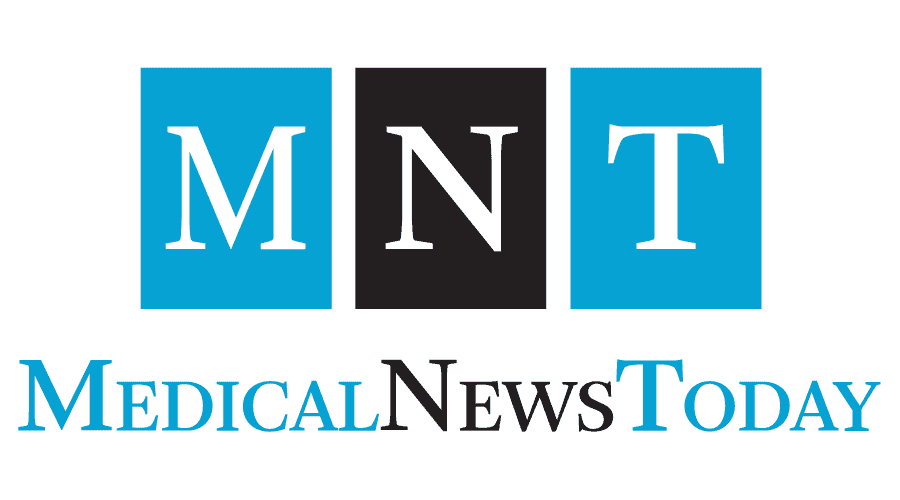Medicare supplement plans, also known as Medigap, offer additional coverage to help beneficiaries manage out-of-pocket costs not covered by Original Medicare. This article examines the top Medicare supplement plan providers and their offerings, highlighting key features and considerations for selecting an appropriate plan.
Key Points:
- Medicare supplement plans cover expenses such as copayments, coinsurance, and deductibles not covered by Original Medicare.
- The article identifies four top Medicare supplement plan providers: Humana, State Farm, AARP by UnitedHealthcare, and Blue Cross Blue Shield.
- Each provider offers different plan types (A, B, C, F, G, K, L, N) with varying benefits and availability across states.
- Additional perks offered by some providers include fitness programs, meal delivery services, and discounts on vision and hearing care.
- Important factors to consider when choosing a plan include additional benefits, geographical coverage, budget, annual health expenses, and chronic conditions.
- Enrollment periods and cut-off dates are crucial for timely sign-up and avoiding penalties.
- Plans C and F are no longer available for individuals eligible for Medicare after January 1, 2020.

In 2022, nearly 90% of people in traditional Medicare had some form of additional coverage, such as Medigap (42%), employer or union-sponsored retiree health benefits (31%), or Medicaid (16%), but 11% (three million Medicare beneficiaries) had no additional coverage. (KFF)
More on Medicare
 PATIENT EDUCATION
PATIENT EDUCATION  OBESITY/WEIGHT MANAGEMENT
OBESITY/WEIGHT MANAGEMENT  EXERCISE/TRAINING
EXERCISE/TRAINING  LEGAL MATTERS
LEGAL MATTERS  GUIDELINES/RECOMMENDATIONS
GUIDELINES/RECOMMENDATIONS 